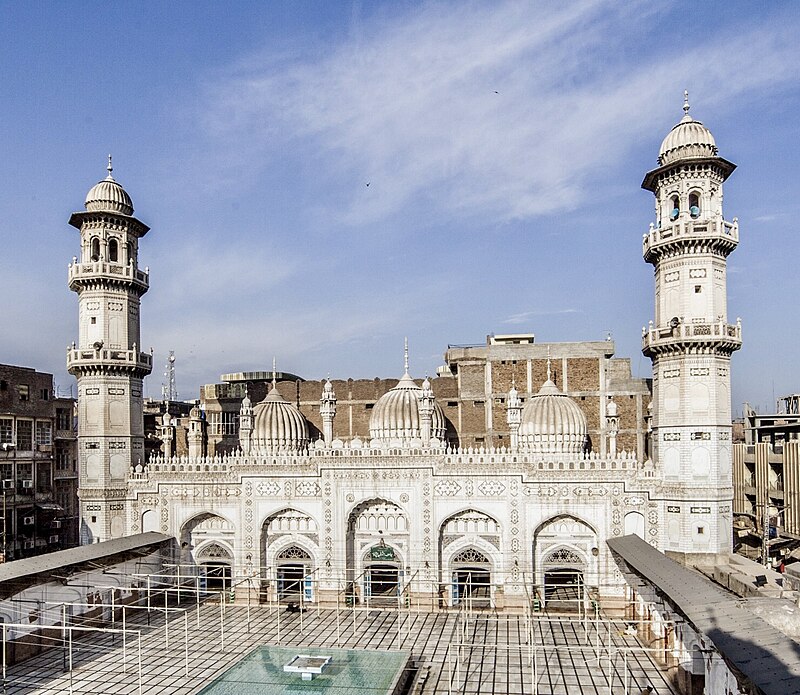"Pakhtun Khwa" (also spelled "Pashtun Khwa" or "Pakhtunkhwa") refers to the region predominantly inhabited by the Pashtun (or Pakhtun) people. In modern geopolitical terms, this area is largely associated with Khyber Pakhtunkhwa (KP), a province in Pakistan. Here is some information about the region and its significance:
Khyber Pakhtunkhwa (KP):
-
Location and Geography:
- KP is located in the northwestern region of Pakistan, bordered by Afghanistan to the west, Gilgit-Baltistan to the north, Azad Jammu and Kashmir to the northeast, Punjab to the southeast, and Balochistan to the southwest.
- The province is characterized by its mountainous terrain, including parts of the Hindu Kush range.
-
People and Culture:
- The majority of the population in KP are Pashtuns, who have a rich cultural heritage and are known for their code of conduct called "Pashtunwali." This code emphasizes values such as hospitality, courage, honor, and revenge.
- Pashto is the primary language spoken in the region, alongside other languages and dialects.
-
Historical Significance:
- The region has a long history and has been a crucial part of various empires and dynasties, including the Maurya, Kushan, Ghaznavid, and Mughal empires.
- It has been a critical area for trade and cultural exchange due to its location on the historic Silk Road.
-
Political Landscape:
- KP has been significant in Pakistan's politics and has faced challenges such as militancy and extremism, especially after the Soviet-Afghan War and the subsequent rise of the Taliban.
- Efforts have been made to stabilize and develop the region through military operations and developmental projects.
-
Economic Activities:
- The economy of KP is diverse, with agriculture being a significant part. Major crops include wheat, maize, and tobacco.
- The region also has a considerable number of mineral resources, including marble, limestone, and gemstones.
- Tourism is a growing sector, with scenic areas like Swat Valley, Chitral, and the Khyber Pass attracting visitors.
-
Challenges and Development:
- KP faces several challenges, including security concerns, underdevelopment, and lack of infrastructure in some areas.
- The government and various organizations are working on development projects to improve the region's infrastructure, education, and healthcare systems.
Key Cities in KP:
- Peshawar: The capital city, known for its historical significance and vibrant bazaars.
- Abbottabad: Famous for its educational institutions and scenic beauty.
- Swat: Known as the "Switzerland of Pakistan" due to its stunning landscapes.
- Mardan: An important cultural and economic center.
Cultural Heritage:
- Festivals: Traditional festivals like Jashn-e-Nowruz and Eid are celebrated with great enthusiasm.
- Cuisine: Pashtun cuisine includes dishes like Chapli Kebab, Peshawari Naan, and various forms of kebabs and rice dishes.
- Music and Dance: Traditional music and dances like Attan are integral to Pashtun culture.
Khyber Pakhtunkhwa, with its rich cultural heritage, strategic importance, and ongoing developmental efforts, remains a vital region and loyal people of pakistan.


